T4K3.news
Challenges in Global Polio Eradication Efforts Identified
Reports reveal serious mismanagement and public mistrust complicating polio vaccination campaigns.
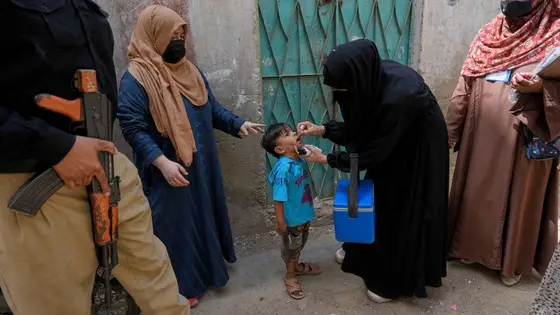
The ambitious initiative to eradicate polio faces significant challenges from mismanagement and public mistrust in Pakistan and Afghanistan.
Misinformation and Mismanagement Stymie Global Polio Eradication Efforts
Sughra Ayaz has spent ten years urging parents in southeastern Pakistan to vaccinate their children against polio. As part of a global campaign to eliminate this disease, she encounters both practical and unfounded concerns. While families prioritize essentials like food and water, myths abound—some allege that vaccines sterilize children. Unfortunately, misinformation is not the only issue. Reports reveal polio workers marking children as vaccinated despite no immunization taking place. The World Health Organization (WHO) launched its polio eradication campaign in 1988, aiming for global eradication as achieved with smallpox. Though progress was made, particularly in 2021, cases surged again last year after the target deadlines were missed. The focus remains on Pakistan and Afghanistan, the last two countries where polio transmission has yet to cease. Inside sources criticize mismanagement of the campaign, alleging outdated strategies and issues with the oral vaccine, which has led to rare but serious outbreaks. Meanwhile, deep mistrust exists among communities, compounded by misinformation and rising anti-vaccine sentiments.
Key Takeaways
"In many places, our work is not done with honesty."
Sughra Ayaz addresses the issue of falsified vaccination records among health workers.
"Unless you have a public inquiry, it will be very hard to trust them."
Scott Barrett calls for transparency and accountability in the polio eradication efforts after serious lapses.
The polio eradication campaign epitomizes the intersection of public health and community trust. Despite decades of efforts and substantial financial backing, problems persist. Misinformation, cultural barriers, and mismanagement undermine the initiative's goals. The reliance on a single vaccination method, which poses risks of its own, highlights an urgent need for strategy adaptation. Experts stress that without serious reevaluation and engagement with affected communities, the road to eradication will remain fraught with challenges. As one public health expert put it, continuing the same strategies is unlikely to yield different results, suggesting a critical turning point must come soon to alter the trajectory of this historic campaign.
Highlights
- Misinformation stifles public trust and vaccination efforts.
- Resistance to polio vaccines reflects deeper community issues.
- Continuing the same strategies likely won't yield different results.
- A major course correction is essential for success.
Concerns Over Polio Campaign Management
The ongoing vaccination campaign in Pakistan and Afghanistan faces criticism due to mismanagement and public mistrust, risking its effectiveness.
The ongoing struggle against polio exemplifies the need for addressing both health and societal challenges together.
Enjoyed this? Let your friends know!
Related News
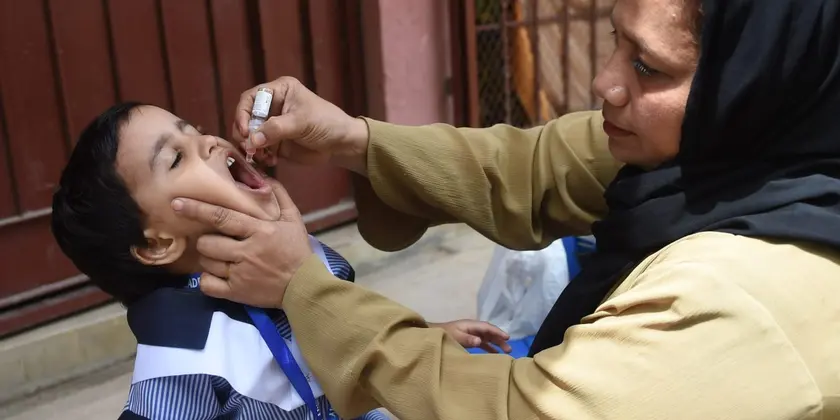
Bill Gates warns of dire consequences from aid cuts
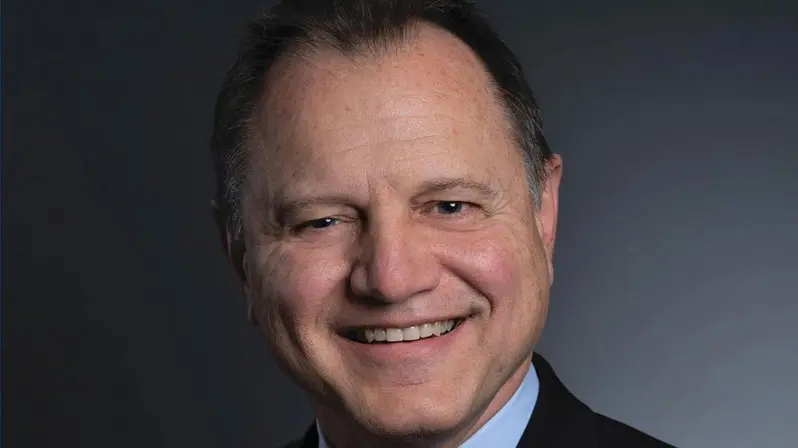
Richard Zimmerman to step down as Six Flags CEO
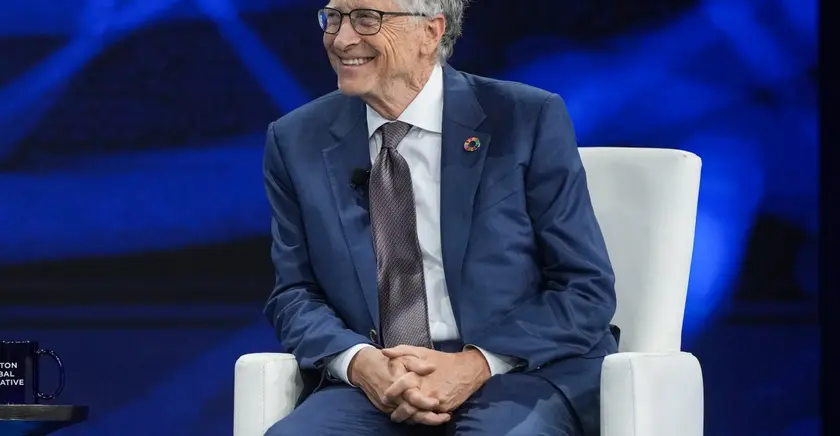
Bill Gates sets ambitious plan for accelerated giving

Wildfires Across Europe Drive Heatwave Response
Documentary Investigates Iconic Vietnam Photo Controversy

Czech zoo celebrates birth of four Barbary lion cubs
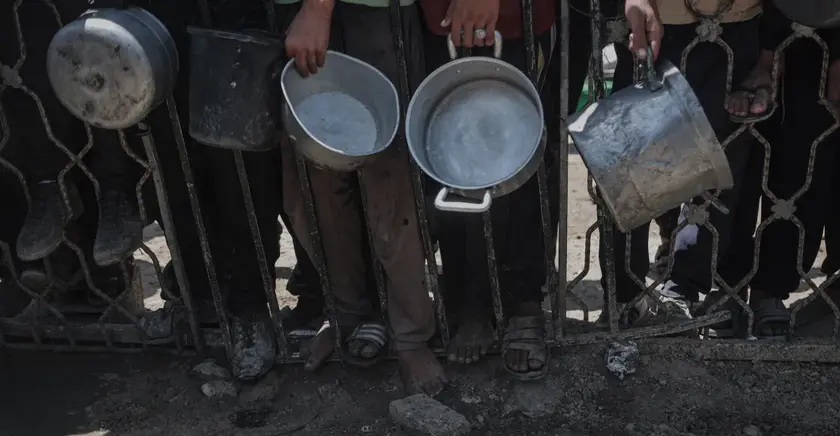
Israel’s blockade of Gaza raises humanitarian alarms

Gaza City plan triggers international backlash
